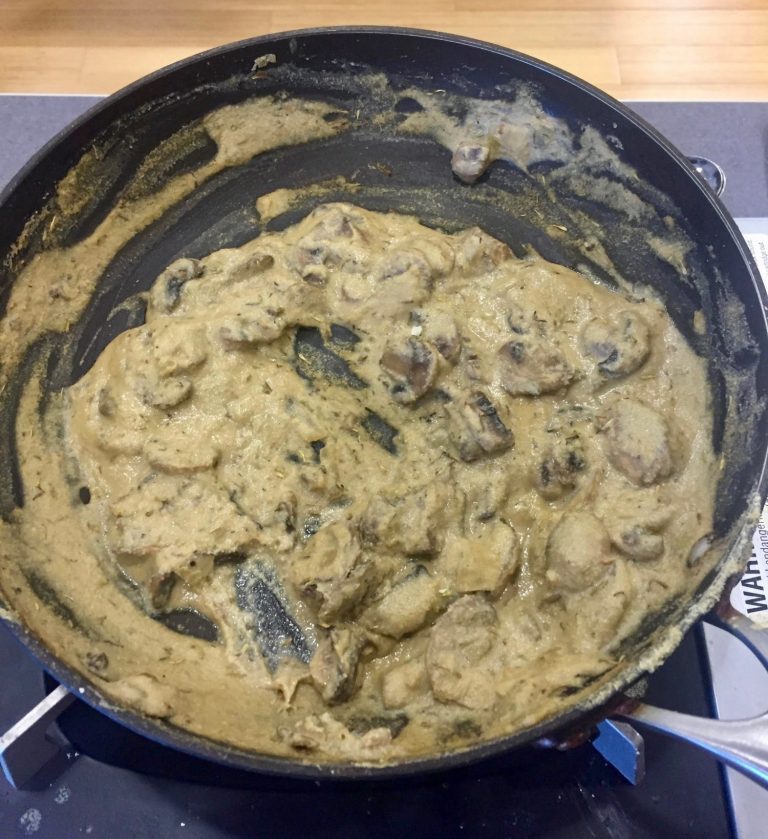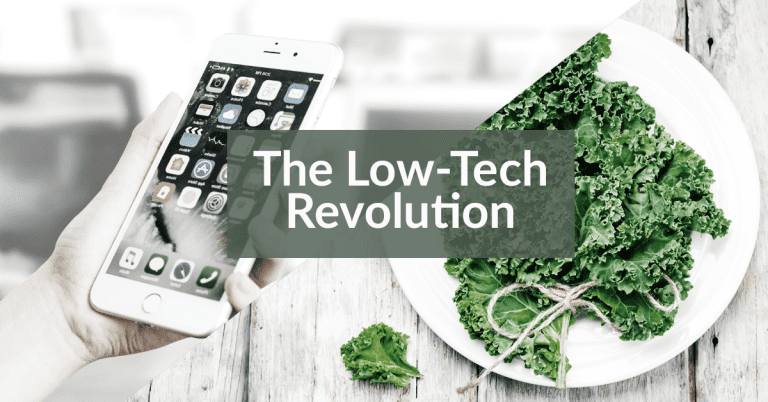What Cookies and Cocaine Have in Common
By Michael Dangovian
September 15, 2017

How does sugar compare when it comes to cocaine addiction? You might be shocked…
A few years back, rats in a lab were hooked up to IVs. Within those IVs was a drip solution that’s been running through the veins of the rats for several weeks. These rats were intentionally hooked on cocaine.
But that’s not the end of the experiment. The rats were taken off the drip, placed in cages, and then given a choice between two water bottles. One bottle contained the cocaine solution. In the other was filtered water and sugar.
Which one would you expect the rats to choose?
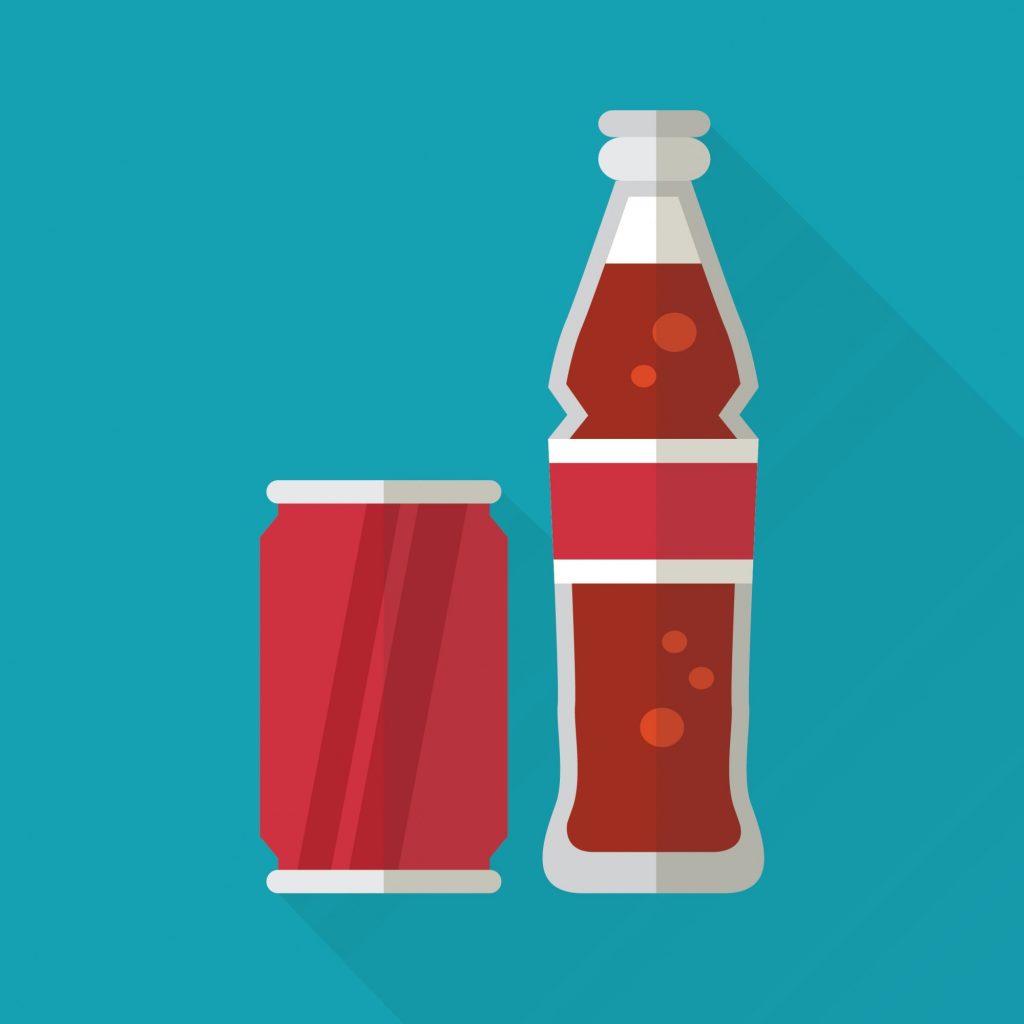
Coke… or Coke?
They didn’t just choose the sugar… They did so an incredible 94% of the time. Which is shocking. Even more shocking? When the sugar was taken away, instead of switching back to the cocaine, the rats chose to go through sugar withdrawal—which, according to Dr. Bartley Hoebel of Princeton University’s Neuroscience Institute is the worst withdrawal he’s witnessed short of straight up heroin sickness.
It should be noted that sugar addiction isn’t a strictly biological process. It’s not going to happen to everyone who eats the occasional cookie.
But just as with “harder” drugs (those quotations marks show the degree of hesitation I’m showing not to lump sugar into that category as well) there’s a threshold. You have to eat enough sugar to trigger the chemicals in your brain to begin creating those overwhelming feelings.
Basically, you need to eat A LOT of sugar to get addicted. That’s the good news.
The bad news? Americans eat A LOT of sugar. Upwards of 160 pounds per person per year, in fact.
And many researchers now believe that a good portion of us are addicted to sugar.
Which maybe isn’t too surprising given that our obesity problem is at epidemic levels—or, at least, it’s not a shocking idea when you look at the problem from a safe distance.
But, it’s also very strange.
Most people know that cocaine is addictive. And because of that, most people don’t do cocaine. The subject of addiction overall is obviously more nuanced than that, especially when you’re looking at the opioid epidemic and how much of that began, but very few people starting from scratch seek out something that they know is highly addictive.
But with sugar? We give it to our kids on their first birthdays (if not before.) We give it to them in the form of high fructose corn syrup in crackers, waffles, granola bars, apple juice, and even in their gummy vitamins.
All this despite the medical evidence showing how detrimental sugar is to your health.
Here’s just a quick rundown of what sugar does to your body.
Your Brain
Sugar causes a release of dopamine in the brain, which in turn makes you feel great. For a short time, at least. The more sugar you eat, the more the brain needs to trigger the dopamine. Read up on how hard drugs affect the brain, and it’s the same cycle. Just another example of the body’s addiction response.
Your Mood
Eating a candy bar gives you a sugar high. When it’s removed from the blood, though, you get a sugar crash. Which makes it not so surprising to learn that adults who consume the most sugar are also the most depressed.
Your Joints
If you have arthritis, you should probably hide the sugar bowl. Sugar causes inflammation within the body, which is especially problematic for the joints. Sugar drastically increases your chances for rheumatoid arthritis.
Your Skin
Sugar causes inflammation, and that in turn causes a breakdown in the collagen and elastin, both of which are responsible for keeping your skin young and stretchy. The result? Wrinkles. And a lot of them.
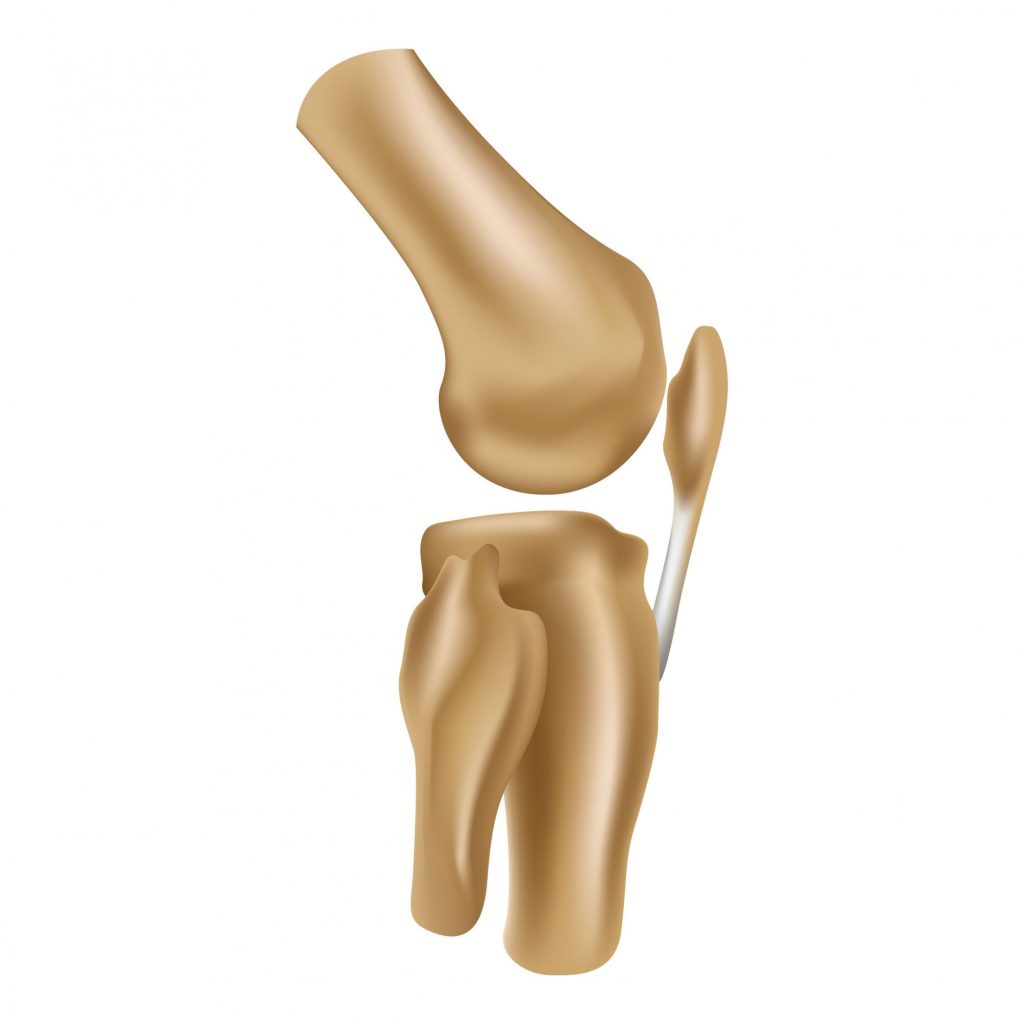
Your Liver
Sugar in the liver can make that organ—your body’s main filtration system—resistant to insulin. Which means a high risk for type 2 diabetes.
Your Heart
Excess insulin, from excess sugar, in your bloodstream can, over time, cause your arterial walls to thicken. This makes your heart’s job that much harder, and leaves you prone to heart disease.
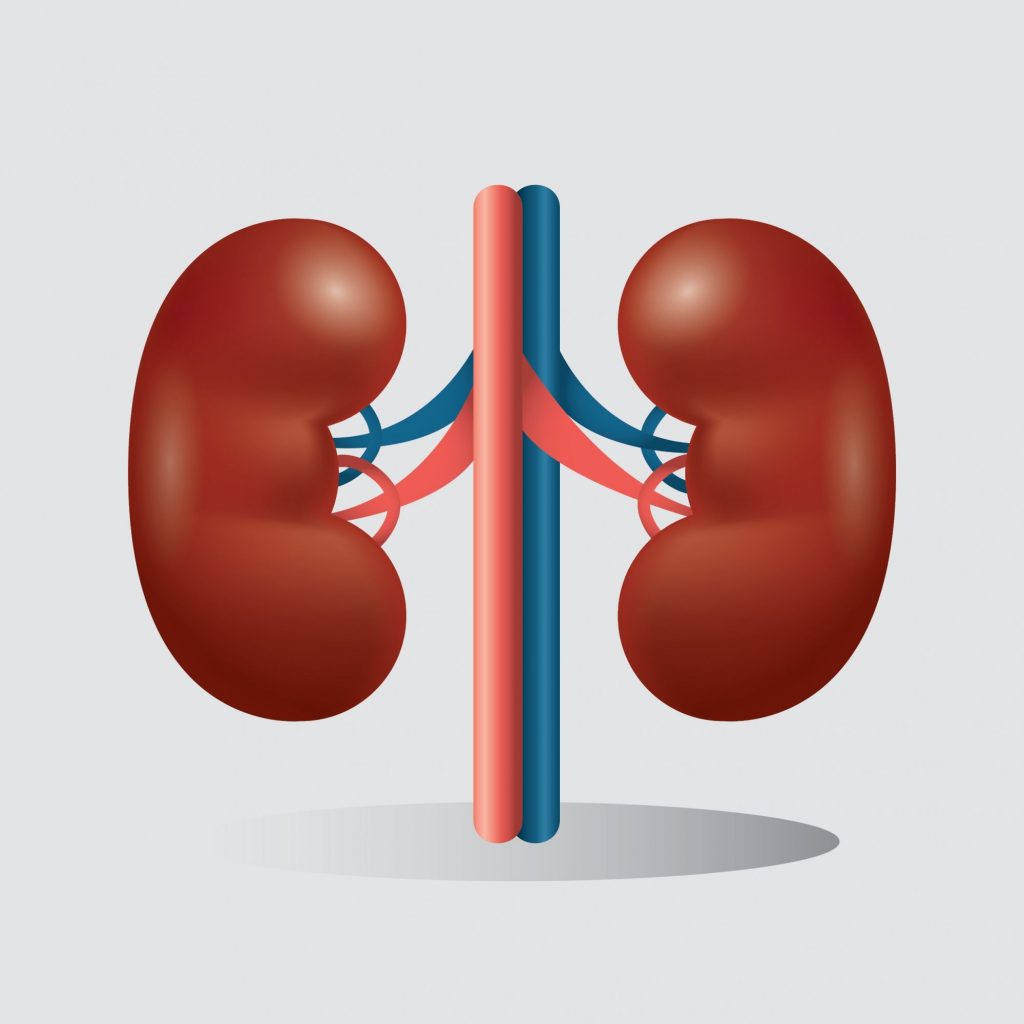
Your Kidneys
At a point, if the kidneys are overwhelmed by the amount of sugar they need to filter out of your blood and start letting the sugar pass into your urine. This stress leaves them weakened and exposed to damage from diabetes.
Your Belly Fat
Excess sugar stores as fat in your body. More sugar means more belly fat.
And that’s just the start of the damage sugar does to your body. Because if you’ve read any of our other blogs or watched our videos, you’ll know that when one system breaks down, the damage flows out through the system like a rock dropped in a pond. If one system comes under high stress, the other systems work overtime to regain balance, which in turn over-taxes them. Sooner rather than later everything has gone haywire and disease has officially set in.
Here’s the thing, though. I’m a cardiologist. I know all this information. But I still have a sweet tooth. I still put one raw sugar in my coffee each morning. So, I’m not passing judgment on anyone. It’s tough.
But I’m working hard to avoid more and more of it as I continue to get older. And I’d encourage you to work on it as well.
Maybe the first thing, the place to start, is to understand that cocaine and sugar aren’t two different things. They fall into the same category. One just happens to be legal (and federally subsidized). Recognizing that those two things are both horrible for your body—and that your brain treats them very similarly—is the first step in taking back your health.
So, what can you do to kick the sugar habit?
Good question. Nicole gives you a full rundown here in her post “Six Sweet Ways to Shake Off Sugar.”
Watch our video on busting the sugar habit once and for all right here.
Or listen below!


